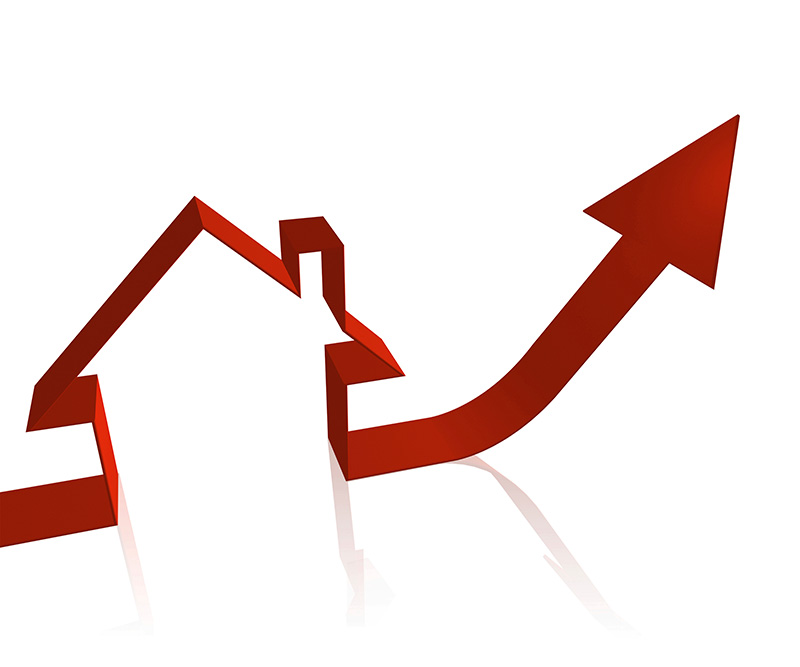To better determine how interest rates could change in the coming months, Trulia.com asked financial experts from Los Angeles to New York to share their insights, predictions and best educated guesses. Here are some of their thoughts about interest rates going forward.
• “Interest rates will stay lower longer than most people would imagine,” says Kirk Chisholm, principal of Massachusetts-based Innovative Advisory Group. “There is disinflation and deflation in many parts of the world, many developed countries have negative interest rates, and the U.S., being the world’s reserve currency, is in no position to raise rates dramatically.” Chisholm says that there is not much room to raise positive interest rates. “It is highly improbable that 10-year Treasury interest rates will rise above 3 percent in the near future,” he adds.
• “There is more than $13 trillion in sovereign bonds globally with negative yields, a little over a third of the market,” says investment analyst Joseph Hogue of the financial education site Peerfinance101.com. “The Fed can change short-term rates through the federal funds rate. But the long end of the yield curve — which affects long-dated debt like mortgages — will stay low for a very long time.” Hogue notes that the Fed will raise rates eventually, but when it does that many overseas’ investors will buy U.S. Treasuries. “[These are] one of the few sovereign bonds that pay a positive yield, so rates will stay low,” he says.
• “Commentators have been saying that interest rates will rise for the last six or seven years, and it hasn’t happened yet,” says Daniel Frankel, CFP and founding principal of Washington-based Wealth Collab. He notes that it’s easy to say interest rates will rise, but determining exactly when is the tricky part. “When interest rates do rise, they could do so very quickly,” says Frankel. “The markets are economic prediction engines. If expectations change, the market will react before you have time to adjust course.”
Frankel says for long-term buyers, it makes sense to lock in a low-interest-rate mortgage today. “Don’t assume you have time to wait,” he says. “Don’t try to wait for mortgage rates to drop another 0.25 percent, and don’t get an adjustable-rate mortgage thinking that you can refinance into a fixed rate later.”
• “Longer-term rates, such as the 10-year Treasury, are determined by the marketplace, or the supply and demand for Treasuries,” says Eric Lai, a financial planner with California-based Archvest Wealth Advisors. Mortgage rates are most highly correlated with the 10-year rate, he adds.
• “It’s entirely possible that the Federal Reserve will begin raising interest rates in December if they decide against raising them during their September meeting,” says Erik Klumpp, founder of Michigan-based Chessie Advisors. But that doesn’t mean you need to take drastic action if you want to buy a home. “Interest rates shouldn’t be the main factor for anyone looking to purchase a home,” he says. “Even if rates were to increase 0.25 percent or 0.50 percent, we’re still at or near historically low mortgage rates. For someone looking to purchase a home for the long term, it’s a terrific time to buy.”
• “Even if you think that rates will go up, you shouldn’t feel it’s now or never, or that you will save money in the long term by buying before rates rise,” says Erik Kroll, founder of the Wisconsin-based financial-planning firm Hilltop Advisors. “Rates may not go up, meaning you still could have gotten a relatively good deal if you waited.” Instead of running calculations on interest rates, Kroll says, you should evaluate the entire picture to determine whether now is the right time for you to buy. Be sure to examine other costs, including the price of the house, ongoing maintenance, taxes, homeowner’s insurance, and even items such as extra furniture and other household items.
